US lawmaker revives push to curb presidential power to wage foreign wars
A veteran US congresswoman and the only lawmaker to vote against a broad authorization for the US-led invasion of Afghanistan in 2001 is now pushing for a congressional measure to limit the White House’s power to wage foreign wars.
In the run-up to the 20th anniversary of the US-led occupation of Iraq, Barbara Lee -- along with a number of anti-war groups and other lawmakers -- is mobilizing support to repeal the congressional resolution that paved the way for the military intervention that left over a million people dead, injured and displaced.
The 2002 resolution, dubbed the ‘Authorization for the Use of Military Force’ (AUMF), was overwhelmingly passed by US Congress, granting the American president permission to wage military action -- without the need for any Congressional approval -- as laid out in the specific terms set in the legislative measure.
"It's unfortunate that we've had to go 20, 21 years in this, this fight to repeal these authorizations that should have never happened," Lee stated during a webinar on Wednesday hosted by a number of anti-war advocacy groups, pointing out that since 2001, more lawmakers have learned "not to give any president the authority to wage war, for whatever reason, in perpetuity."
According to a Thursday report by the UK-based Middle East Eye, “there are currently multiple AUMFs active: a 1991 AUMF and a 2002 AUMF that were both for Iraq; and a 2001 AUMF that gives the [American] president the ability to wage war against the (alleged) perpetrators of the 9/11 attacks.”
The authorizations, the report insists, “have been continually used by the past four [US] administrations to launch military campaigns and strikes across the Middle East,” noting that the 2002 AUMF was used by the Donald Trump administration for the 2020 terror assassination of Iran’s top General Qassem Soleimani, who was widely credited for dismantling the foreign-backed Daesh terrorist group that waged a massive terror campaign in Syria and Iraq.
The 2002 AUMF, the report adds, “is close to being repealed, with the House in July voting in favor of revoking the authorization and companion legislation in the Senate gaining bipartisan support.”
"We're close. Now we're in the Senate with Senator [Tim] Kaine working and we've got to find 10 Republicans," Lee underlined during the webinar, sponsored by anti-war groups such as Win Without War, the Friends Committee on National Legislation (FCNL) and Afghans For A Better Tomorrow.
"There is strong bipartisan support for repealing the 2002 Iraq AUMF in both the House and the Senate. There are 11 Republican cosponsors of a Senate bill to repeal the 2002 AUMF," FCNL’s Legislative Director Heather Brandon-Smith also noted during the webinar.
"So that's enough to overcome a filibuster, and what's more, the White House has even come out in support of this repeal," she added, pointing to a recent White House policy statement vowing support for Lee’s bill to repeal the 2002 AUMF.
Bid to end 2001 AUMF remains difficult
In a separate and more difficult battle, the US congresswoman is also seeking to repeal the wider-ranging 2001 AUMF, passed in the aftermath of the shadowy 9/11 terrorist attacks.
According to the report, that effort has been faced with resistance from a more divided Congress and no sign of support from the Biden administration.
This is while the open-ended nature of the 2001 AUMF has allowed multiple US presidents to wage war against a number of militant groups that have included al-Qaeda, the Taliban, al-Shabab, and Daesh (ISIA).
The congressional authorization has been applied entirely in Muslim-majority countries such as Afghanistan, Iraq, Syria, Libya, Somalia, and Yemen.
"It's been used over and over and over again for military attacks, for assassination attempts, not connected anywhere near to 9/11," Lee emphasized. "We have to think about the losses of people in the region and how their lives were shattered as a result of this."
A 2021 report prepared by Brown University's Costs of War Project found that the US-led “global war on terror” has led to the deaths of nearly one million people, and cost more than $8 trillion.
Congresswoman Lee introduced a bill back in January 2021 to repeal the 2001 AUMF, and since then it has gained more than 90 co-sponsors. The resolution issues a sunset provision for the AUMF, forcing it to expire after a period of eight months.
The veteran lawmaker said that is more than enough time for the White House to create a narrower, more restricted version that Congress could agree on.
"You can't tell me that if the President needs to go to war or use force, eight months is not enough time for Congress to debate and authorize a new authorization," Lee insisted during an interview with the online magazine Responsible Statecraft.
"We passed the 2001 AUMF in three days, so you can't tell me that Congress can't come up with something if the President needs it," she noted.
The measure, however, does not have enough support to even pass out of the US House of Representatives, where Democrats still maintain a clear majority, let alone the evenly divided Senate.
Rights group warns of Israeli plot to kill abducted Palestinian leader Barghouti
ICC prosecutor condemns US for equating court judges with terrorists, drug traffickers
Afghan, Pakistani forces exchange heavy fire, shattering fragile ceasefire
IRGC-led Sahand-2025 drill positions Iran as key player in Eurasian security architecture
VIDEO | Dublin activists renew push to rename Herzog Park over Israel’s genocide in Gaza
VIDEO | Berlin streets fill as thousands protest proposed military draft
VIDEO | Press TV's news headlines
VIDEO | Hezbollah chief rejects disarmament calls, slams ‘Greater Israel’ project




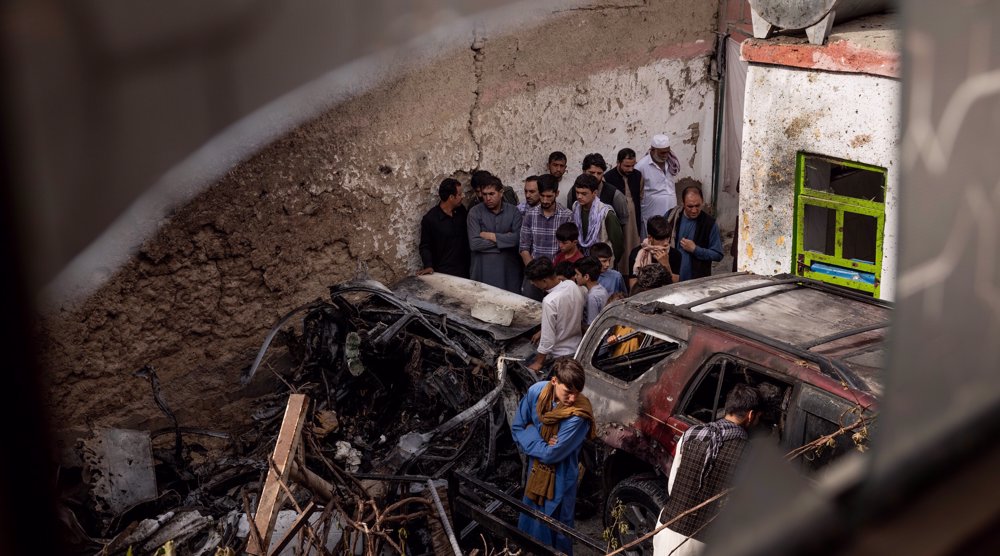
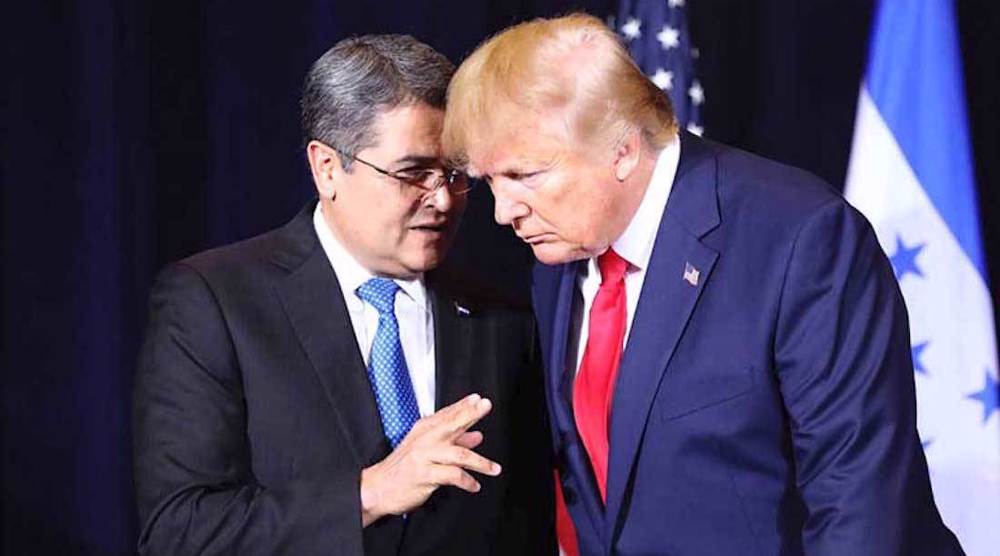
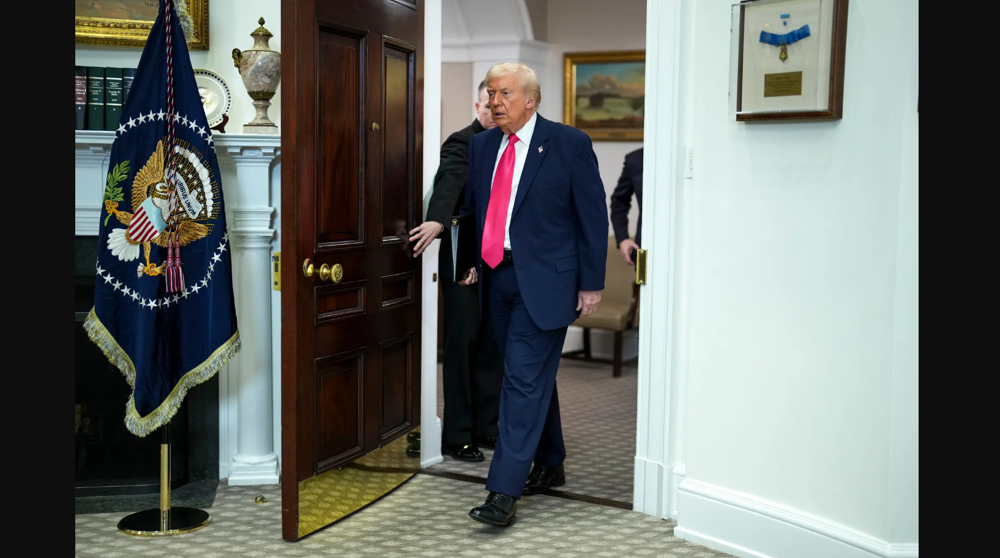
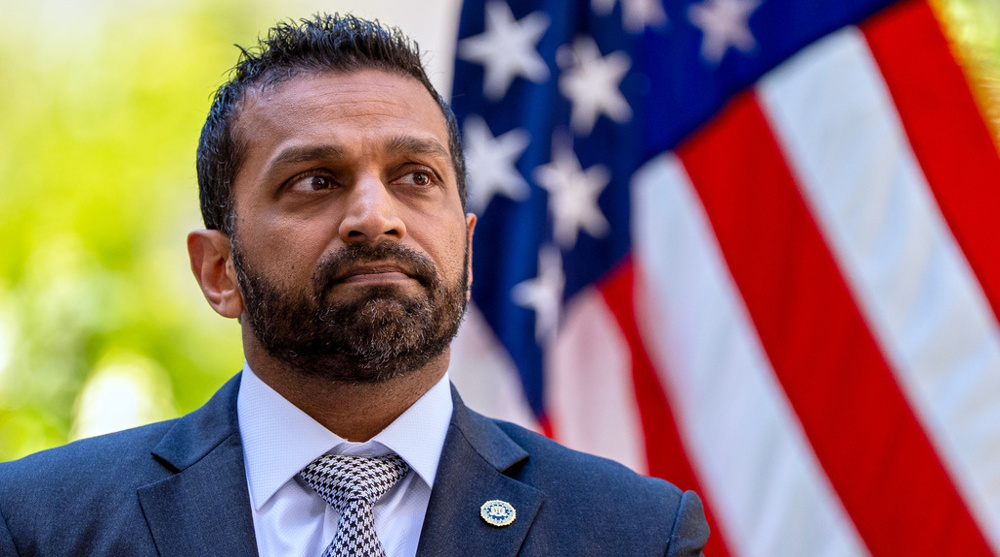



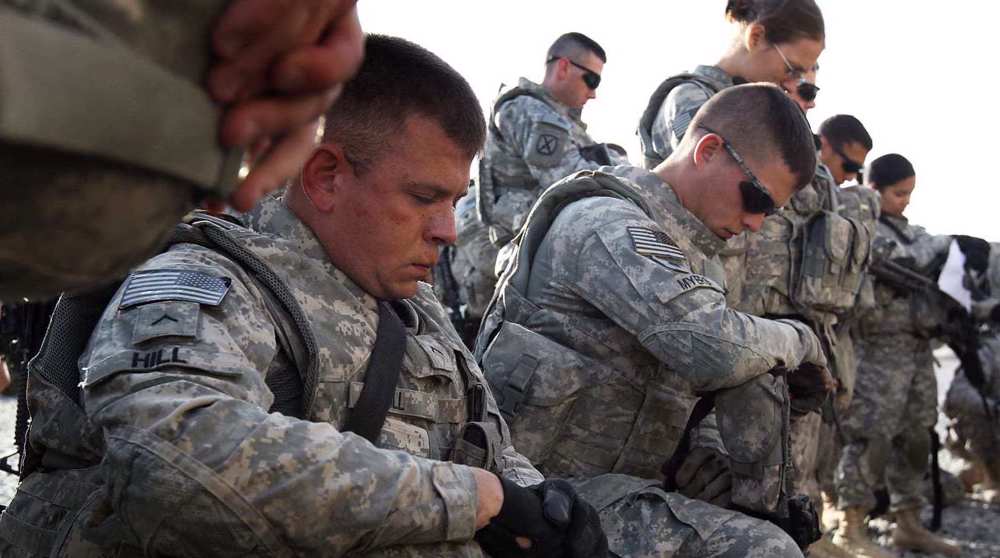



 This makes it easy to access the Press TV website
This makes it easy to access the Press TV website